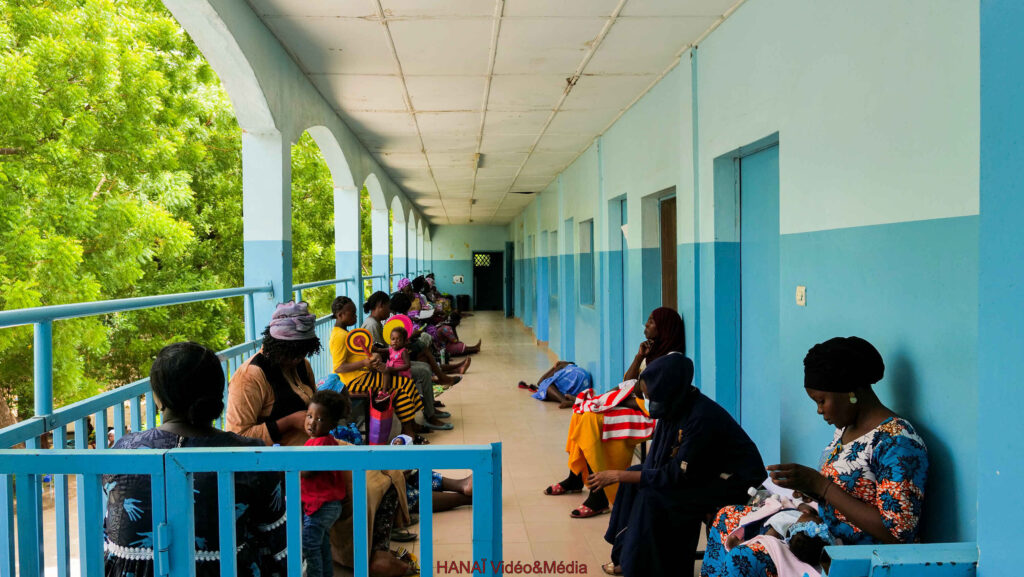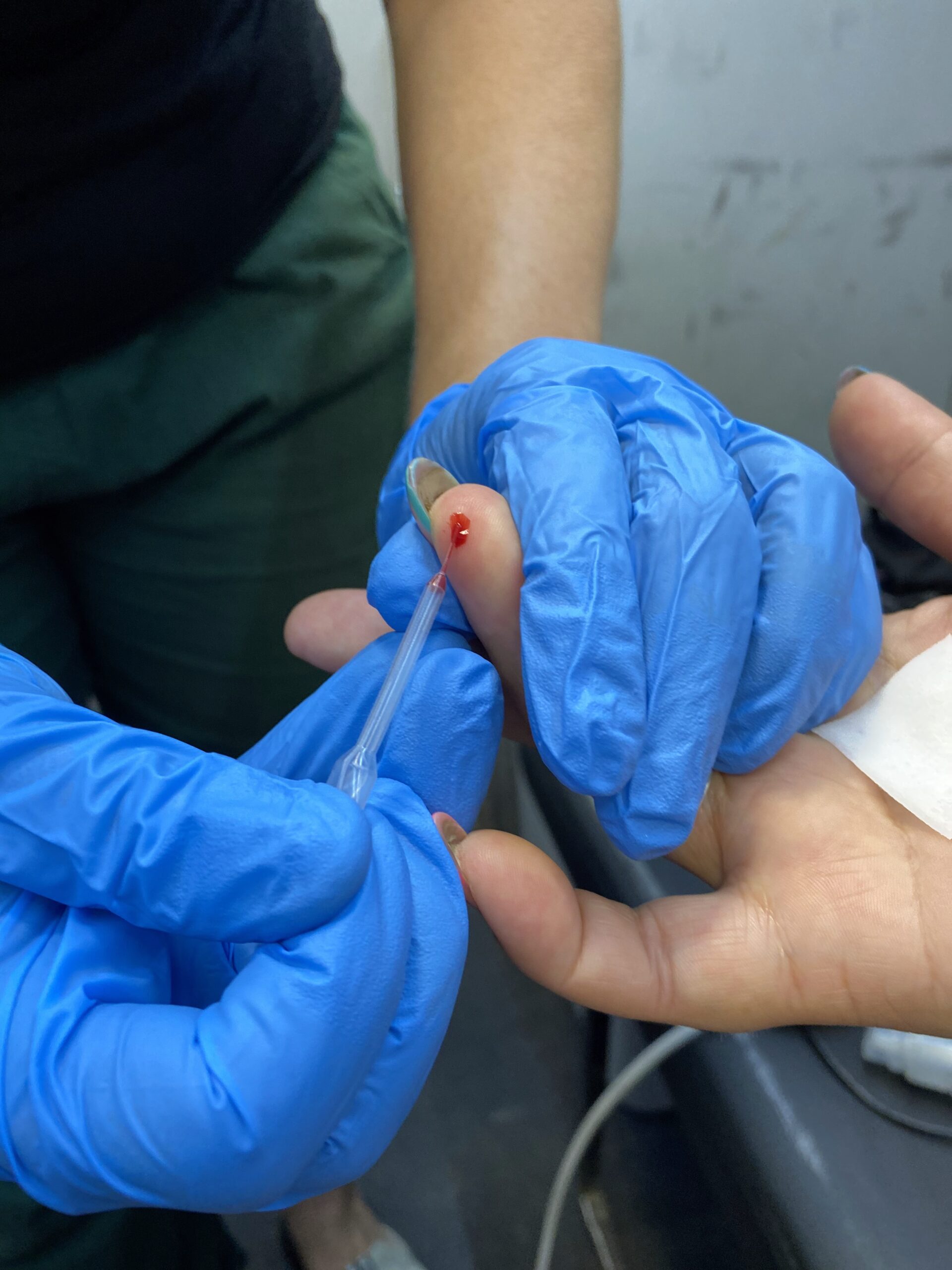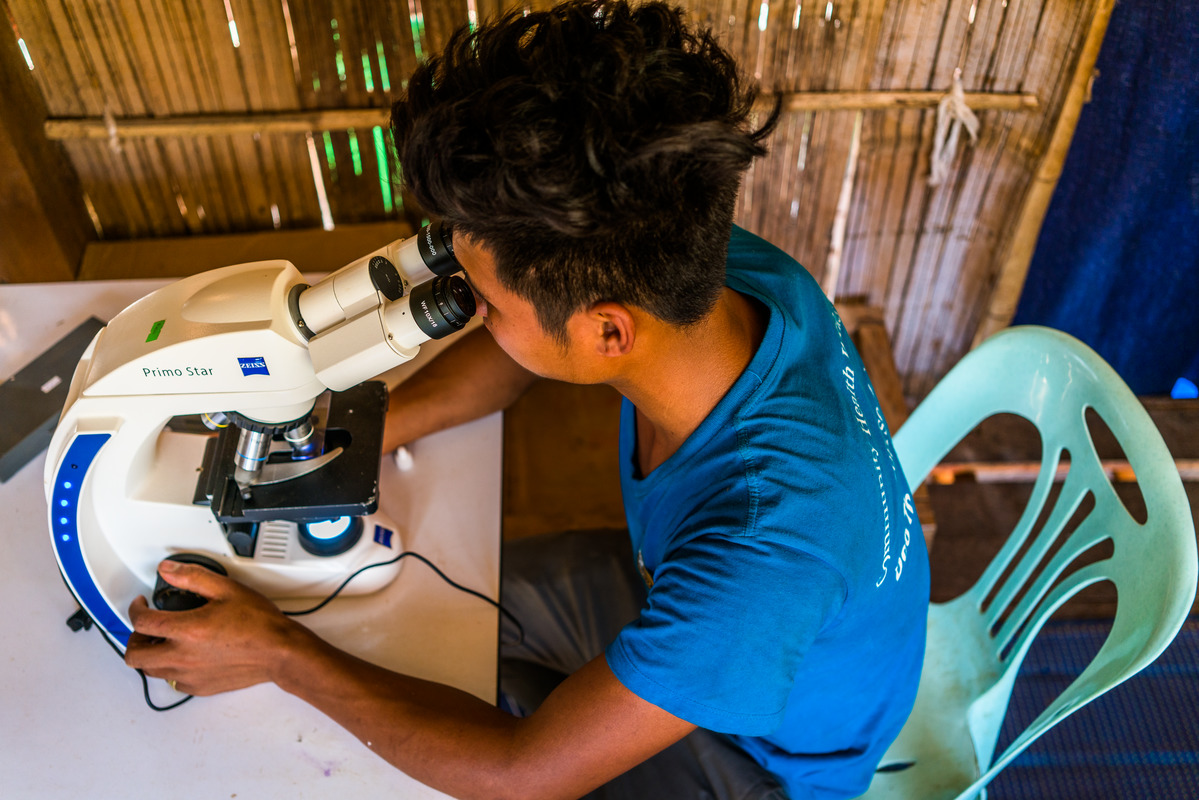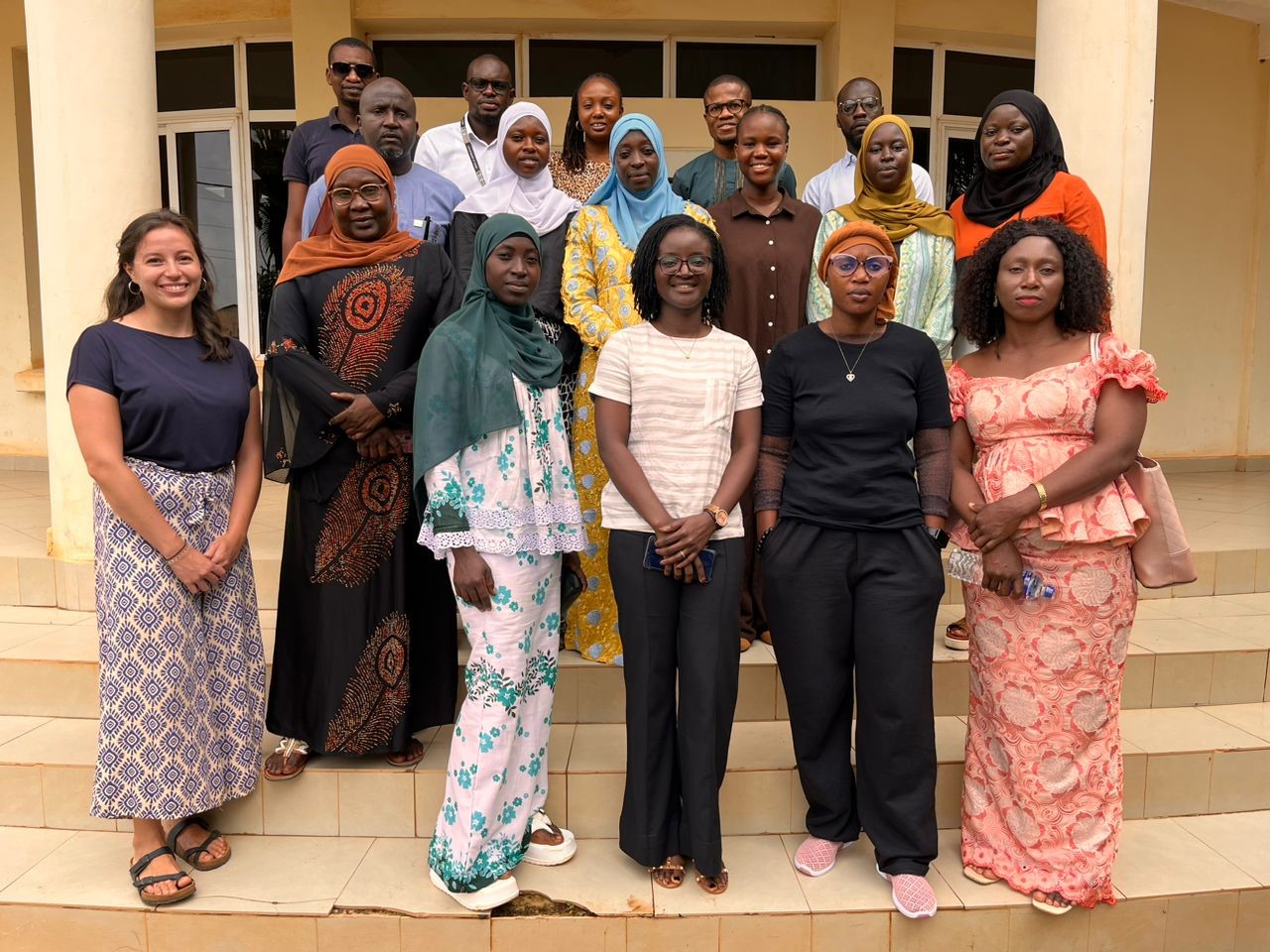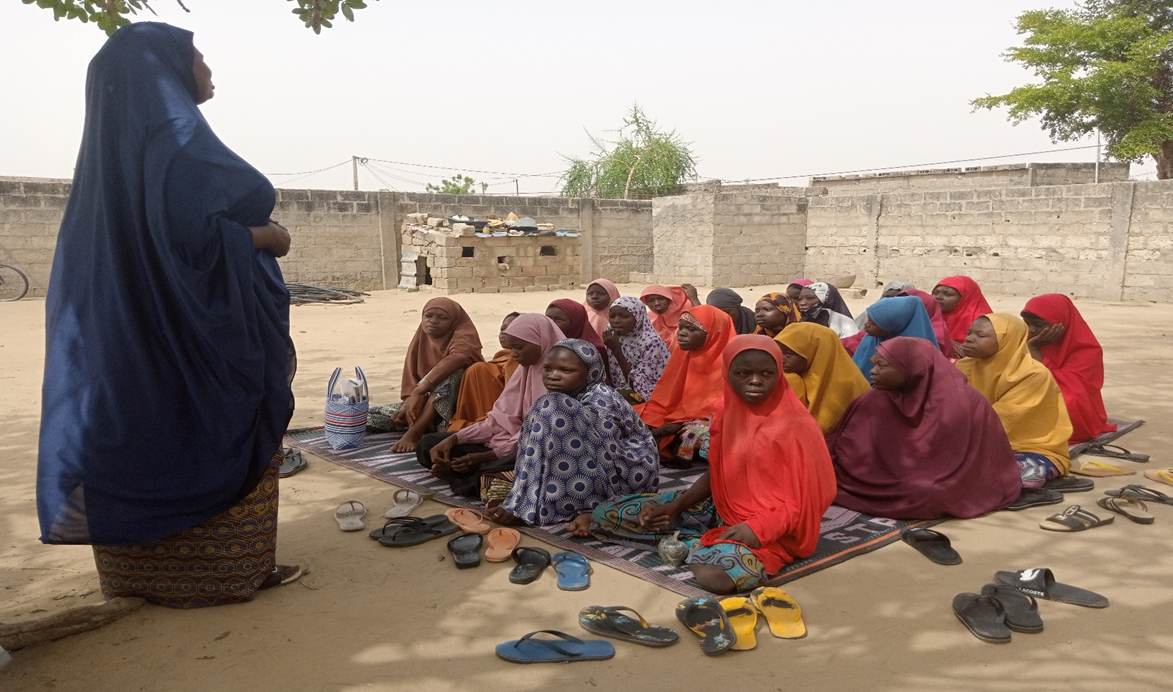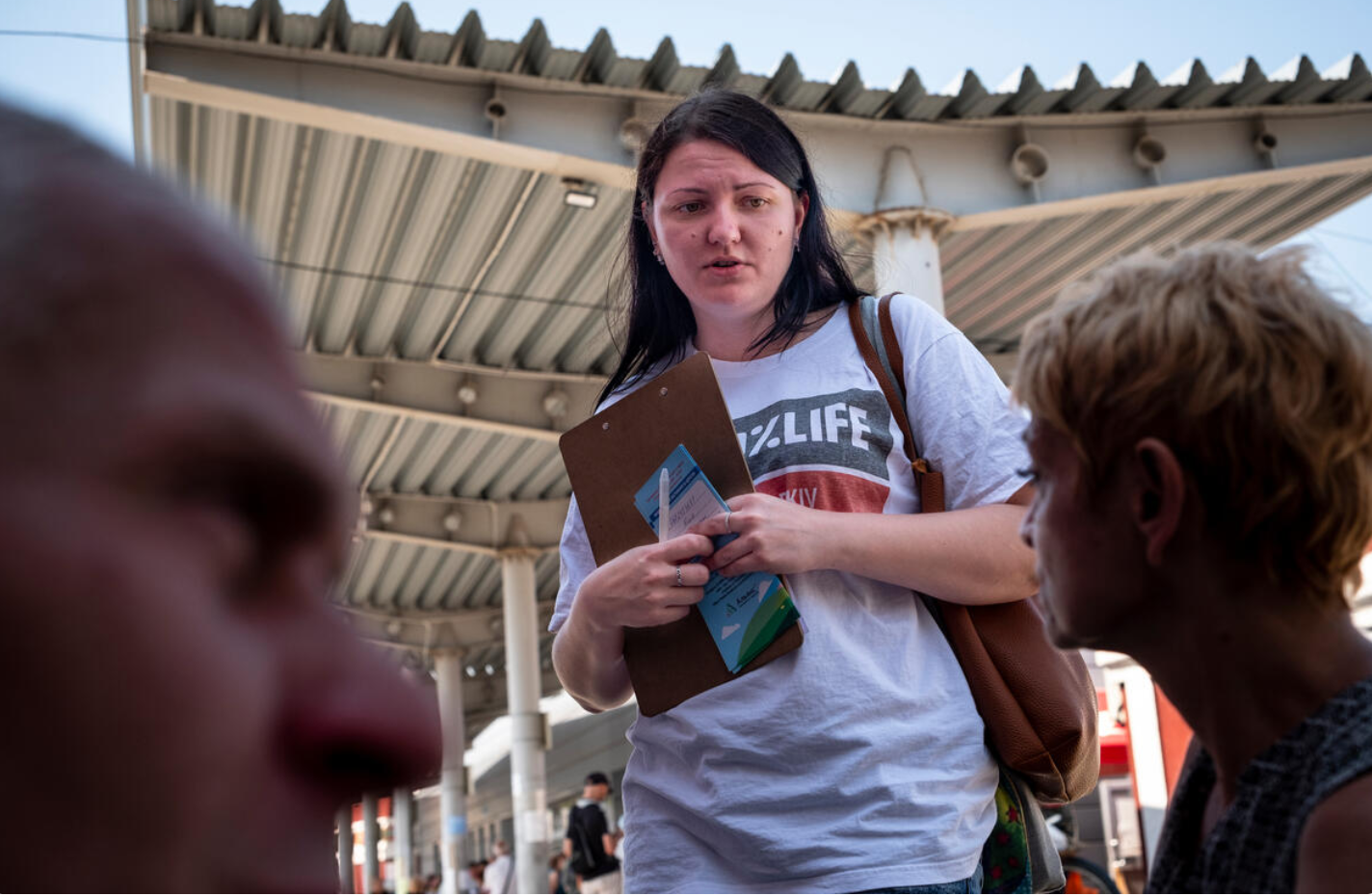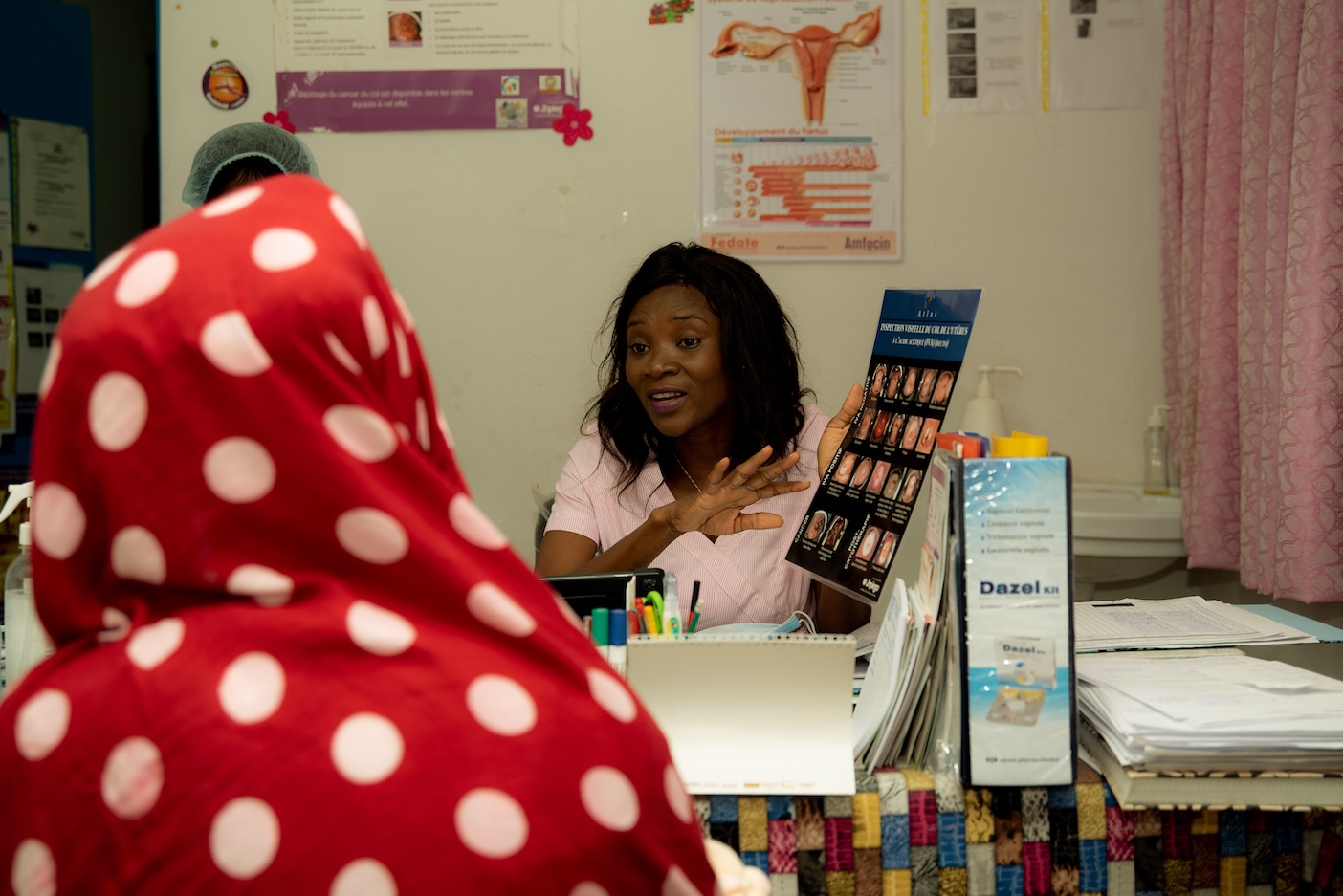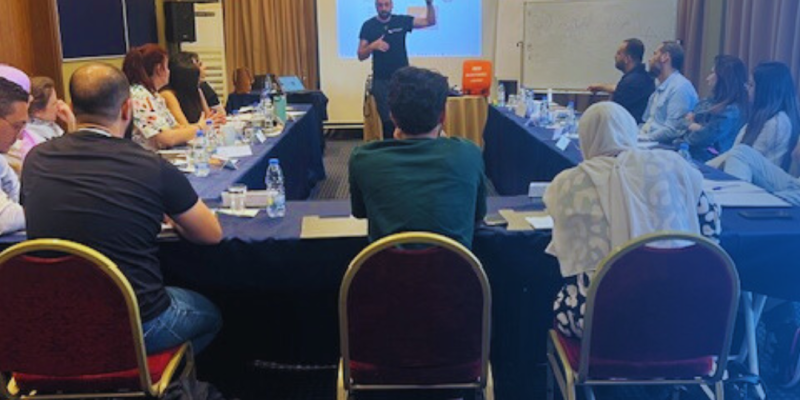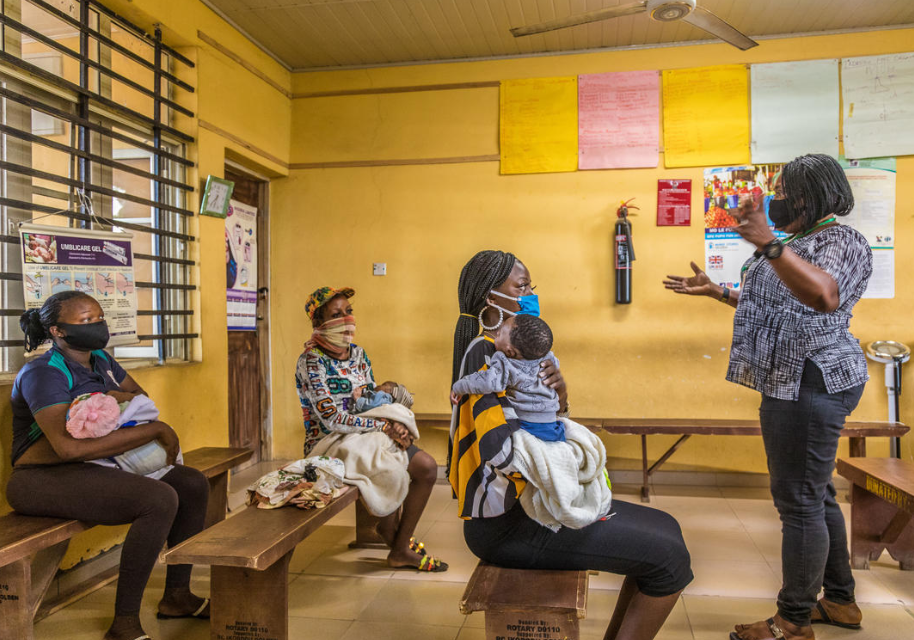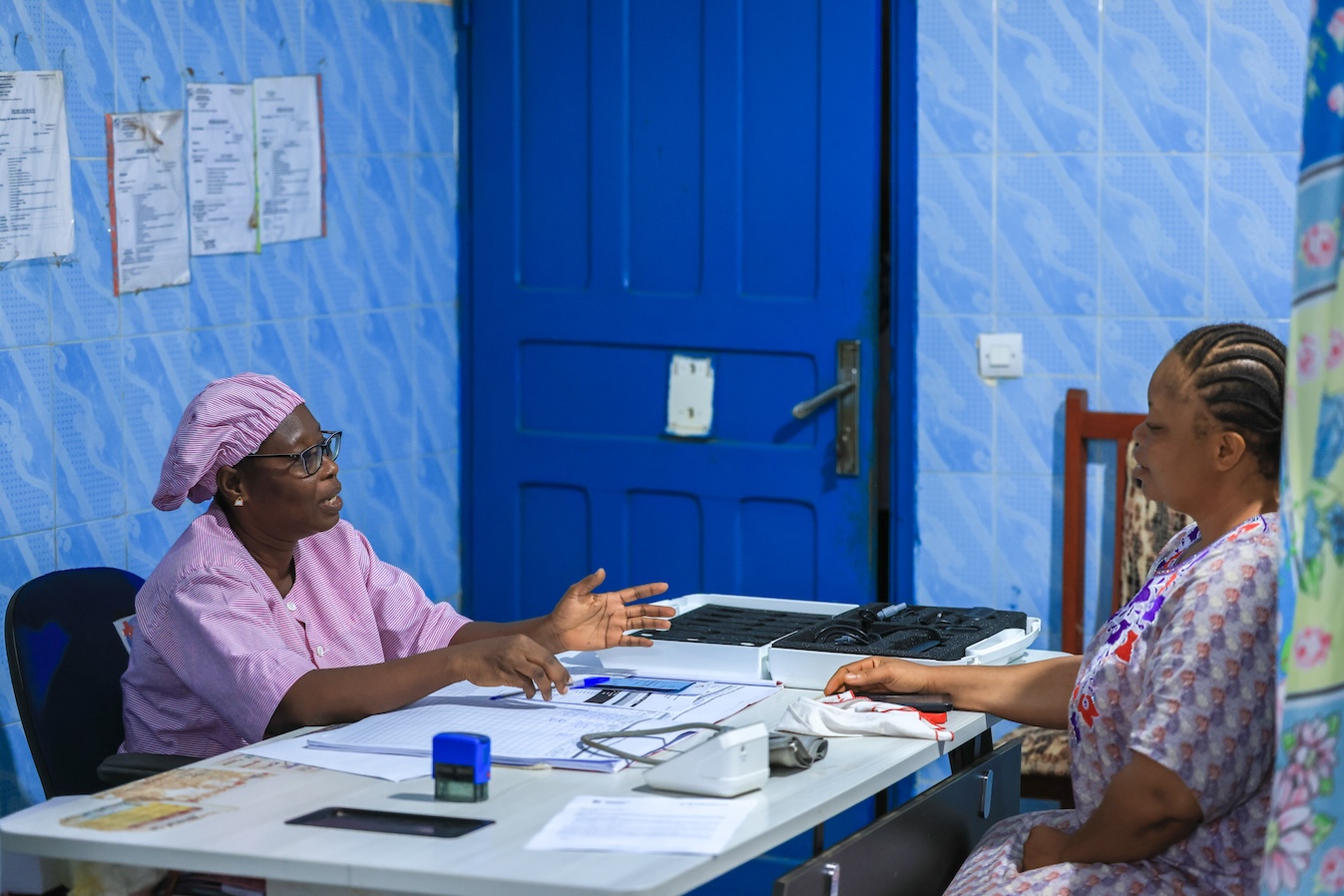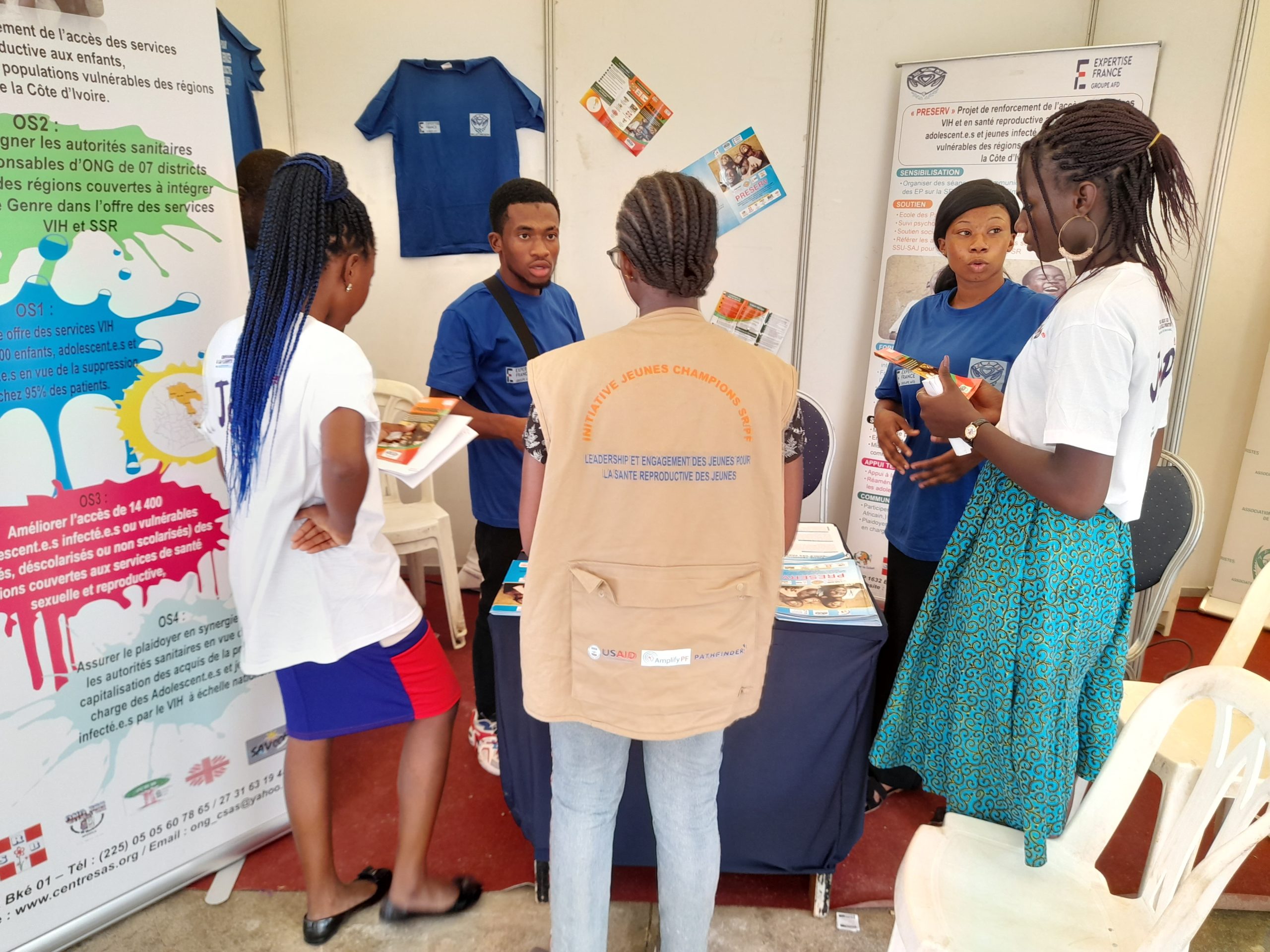The ZeroHIV project aims to contribute to the elimination of vertical transmission of HIV, syphilis, and hepatitis B, thereby reducing maternal and child morbidity and mortality in Mauritania, particularly in Nouakchott and the Assaba region.
Context
Mauritania faces significant challenges due to the fragility of its health system. However, the commitment of national authorities is growing, with efforts underway to improve access to healthcare and strengthen medical infrastructure. The ZeroHIV project builds on the achievements of the Temeyouz project, which contributed to maternal and child healthcare. Drawing on this experience, the ZeroHIV project supports the country’s Ministry of Health in implementing the 2022-2030 National Health Development Program, particularly in its efforts to reduce maternal and child morbidity and mortality.
Description
The ZeroHIV project aims to contribute to the triple elimination of vertical transmission of HIV, syphilis, and hepatitis B in Mauritania, with a focus on the Assaba and Nouakchott regions. The project is structured around three key pillars:
- Community health: Improving access to preventive care for rural and remote populations by strengthening community health services;
- Training of current and future healthcare professionals: Enhancing the skills of healthcare personnel, particularly future midwives, by adapting initial and continuing education programs to national needs and offering hospital-based internships;
- Strengthening institutional governance: Building the management capacity of the Assaba Regional Health Directorate to ensure the implementation of the triple elimination strategy in collaboration with national health authorities.
Impact
The project aims to reduce maternal-fetal transmission of infections and improve the quality of care for pregnant women and their children. It also aims to support the management of women diagnosed with one of the three infections, enhance the training of healthcare professionals, and strengthen institutional capacity to ensure sustainable and effective healthcare delivery.
